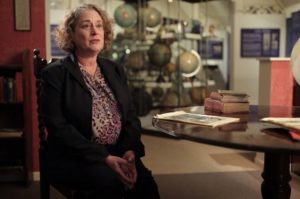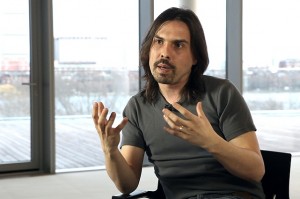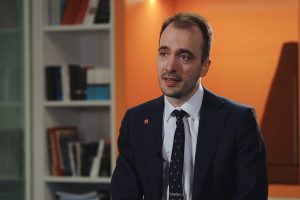Science Communication in Ancient Greece
Historian and Philosopher of Science Liba Taub on Aristotle, the cattle problem, and art as a means of science...
What is the information-centric view on education? What are the ways to transform the approach to learning? LEGO Papert Professor of Learning Research at MIT Media Lab Mitchel Resnick explains why new technologies serve as an opportunity for people to create and design new things.
To me what is really important is that we have to rethink our approaches to learning and education, to fit with the new possibilities of the digital age. With new technologies they provide us with an opportunity to rethink what we learn, how we learn, where we learn, when we learn, who we learn with. But too often people aren’t taking advantage of the possibilities of the new technology.
New technologies do hold the opportunity for very different approaches for education. For example, we can treat the technology not as a way to deliver and access information, but as a material for building and creating things in the world. I mean, this goes back to the theories of Jean Piaget, the great psychologist, epistemologist, who talked about learning as an effort of active construction of new knowledge.
Technology can change how we learn. It’s not just about delivering information, but learning through experimentation and exploration. We often use the term “tinkering”, that people can learn by experimenting, trying things out to see what works. It allows you to create something and immediately see whether it works or not, and then make adjustments.

Historian and Philosopher of Science Liba Taub on Aristotle, the cattle problem, and art as a means of science...

Media scientist Cesar Hidalgo on multilingualism, hierarchy of the language networks, and cross-lingual resear...

Daniel Kontowski on the freedom of students, prescribed curriculum and a ‘cafeteria’ model of education